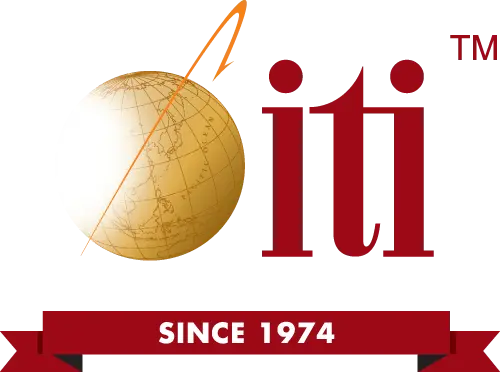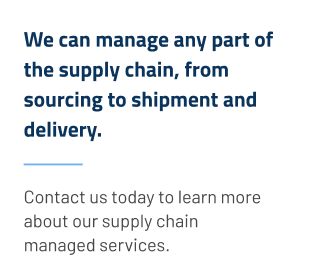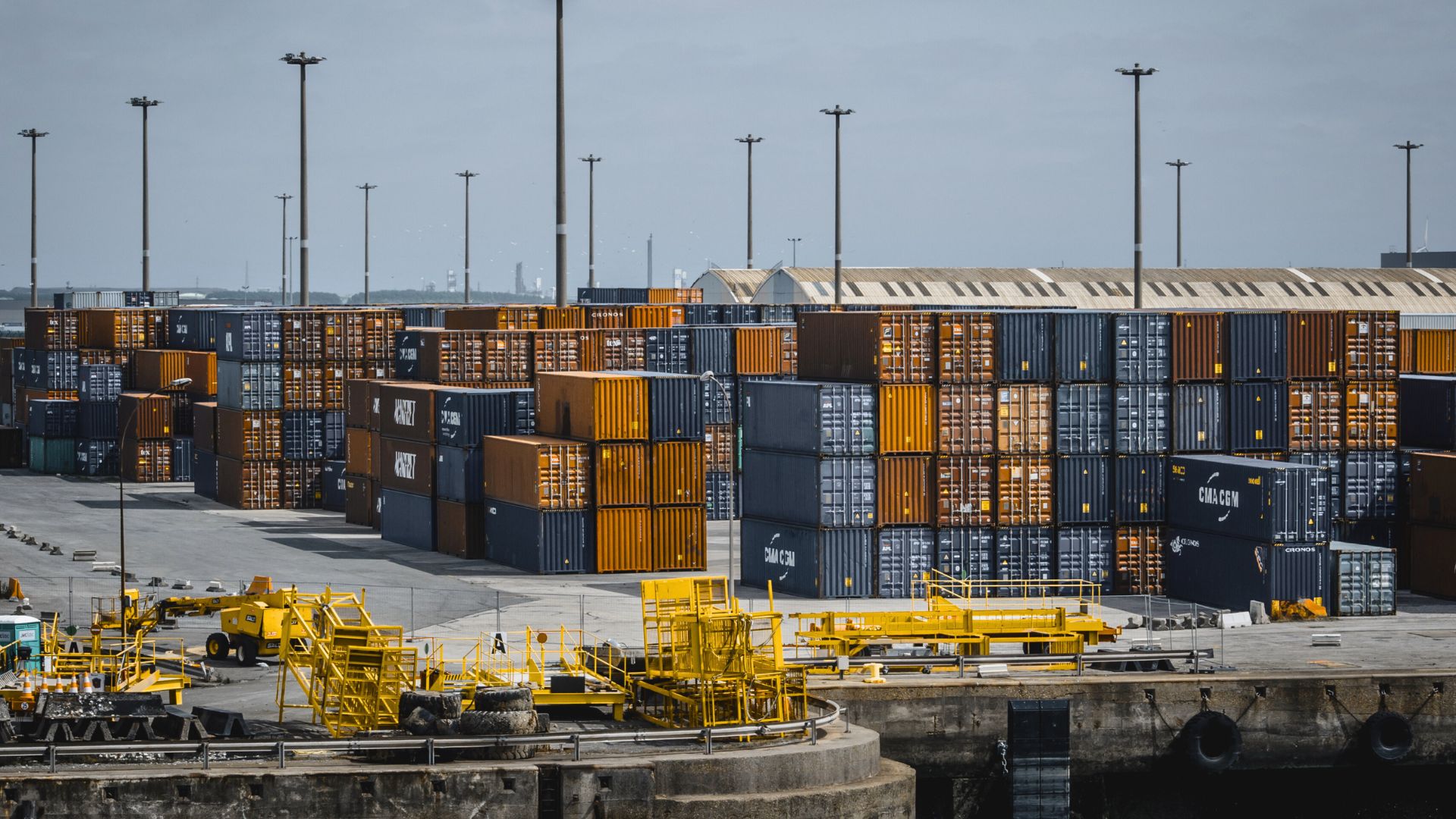Overseas manufacturing grows increasingly more acceptable as a business strategy because of its many advantages and the growing international demand for all types of goods. Consumers once considered products that were manufactured in foreign factories substandard, but global marketing, better communications, cutting-edge technology and a growing number of companies that outsource production are rapidly changing people’s perceptions. Regardless of whether you own a small or large company, outsourcing your product manufacturing to developing countries like China offers signature benefits for startups and established companies.
Signature Advantages of Overseas Manufacturing
Overseas manufacturing offers lower labor and transportation costs and the ability to outsource production to a reliable foreign partner. Your options include protecting your intellectual property and licensing a locally based company to manufacture products. You can even license the manufacturer to market products in a defined territory.
Of course, the ideal solution might be to establish your own independent manufacturing facility. Countries might put some restrictions on your business, but the advantages of establishing your own factory include:
- Faster time to market for new technology
- A loyal workforce that works for less money
- Trained staff to handle customer service issues in other languages
- Getting around burdensome regulations and import/export restrictions and tariffs
- Expanding your market to new territories
Learning About the Logistics of Overseas Manufacturing
Partnering with an established company like ITI is one way to handle the logistical details of manufacturing in a foreign country. If you choose to establish an independent operation, you will face a learning curve. Outside consultants can help you learn about local regulatory and licensing requirements, labor laws, business structure and other variables. Other planning issues include:
- Finding reliable suppliers and transportation
- Performing background checks on foreign-based employees
- Establishing quality control protocols
- Finding locations with easy access to workers, transportation and supplies
- Minimizing security risks
- Dealing with potential terrorists or unstable political situations
Dealing with Quality Control and Other Risks
Conducting a risk assessment is essential before investing money in planning a foreign manufacturing facility. Fortunately, governments in China and other developing countries are working hard to attract business and industry. You’ll discover that many foreign governments are gracious and effective pro-business partners.
Quality concerns in overseas manufacturing are essentially no different in foreign countries than they are in the United States and other Western democracies. Developing countries have access to the latest technology, communications systems, raw materials and transportation. You can establish strict internal quality control policies, outsource inspections for products or specify quality parameters in your service agreement. Foreign manufacturing can actually improve your security and quality for the following reasons:
- Lower labor and manufacturing costs allow you to concentrate on research.
- You can allocate more money and staff for security and quality control while pricing your products competitively.
- Opening local markets allows you to test products before introducing them to your core retail customers.
- Overseas manufacturing grows about 27% each year, and you could find that your products are undercut by competitors, putting your business at risk.
You face a learning curve with overseas manufacturing, but the cost benefits, greater employee loyalty and increased marketing opportunities make the challenges worth the effort. The only difference between products manufactured overseas and domestic goods are the lower costs. Quality depends on design, raw materials and management practices that you control. Your products will only suffer if you choose cost over quality or cut back on supervision and inspections.
Still unsure if overseas manufacturing is right for you? You can learn more of what ITI has to say on the topic here, and you can contact us with any questions you have. We’re happy to help.




